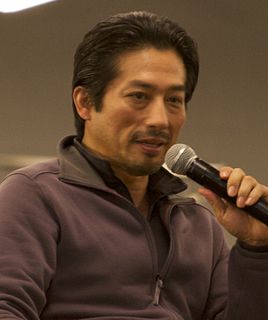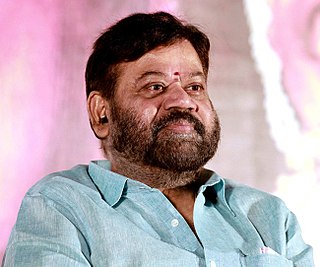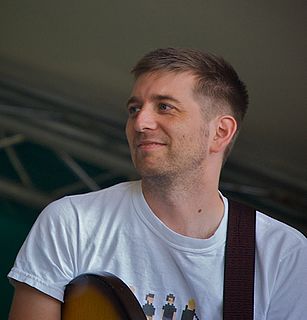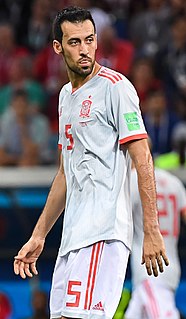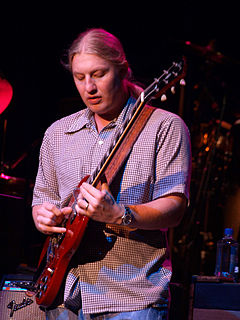A Quote by Duncan Jones
Toshiro Mifune was such an elegant hero, and there's something really empathetic about him.
Quote Topics
Related Quotes
It concerns me when I see a small child watching the hero shoot the villain on television. It is teaching the small child to believe that shooting people is heroic. The hero just did it and it was effective. It was acceptable and the hero was well thought of afterward. If enough of us find inner peace to affect the institution of television, the little child will see the hero transform the villain and bring him to a good life. He'll see the hero do something significant to serve fellow human beings. So little children will get the idea that if you want to be a hero you must help people.
Grace is in a great measure a natural gift; elegance implies cultivation; or something of more artificial character. A rustic, uneducated girl may be graceful, but an elegant woman must be accomplished and well trained. It is the same with things as with persons; we talk of a graceful tree, but of an elegant house or other building. Animals may be graceful, but they cannot be elegant. The movements of a kitten or a young fawn are full of grace; but to call them "elegant" animals would be absurd.
I don't really distinguish between a fictional hero and a real life hero as a basis for any comparison. To me, a hero is a hero. I like making pictures about people who have a personal mission in life or at least in the life of a story who start out with certain low expectations and then over achieve our highest expectations for them. That's the kind of character arc I love dabbling in as a director, as a filmmaker.
When you see the violence of Hollywood movies, there is a tendency that the hero is combating and confronting many people, without much harm to himself. But in my films, the hero takes a lot of hits so the very act of the hero being the one on the receiving end, makes the audience cheer and connect with him.

